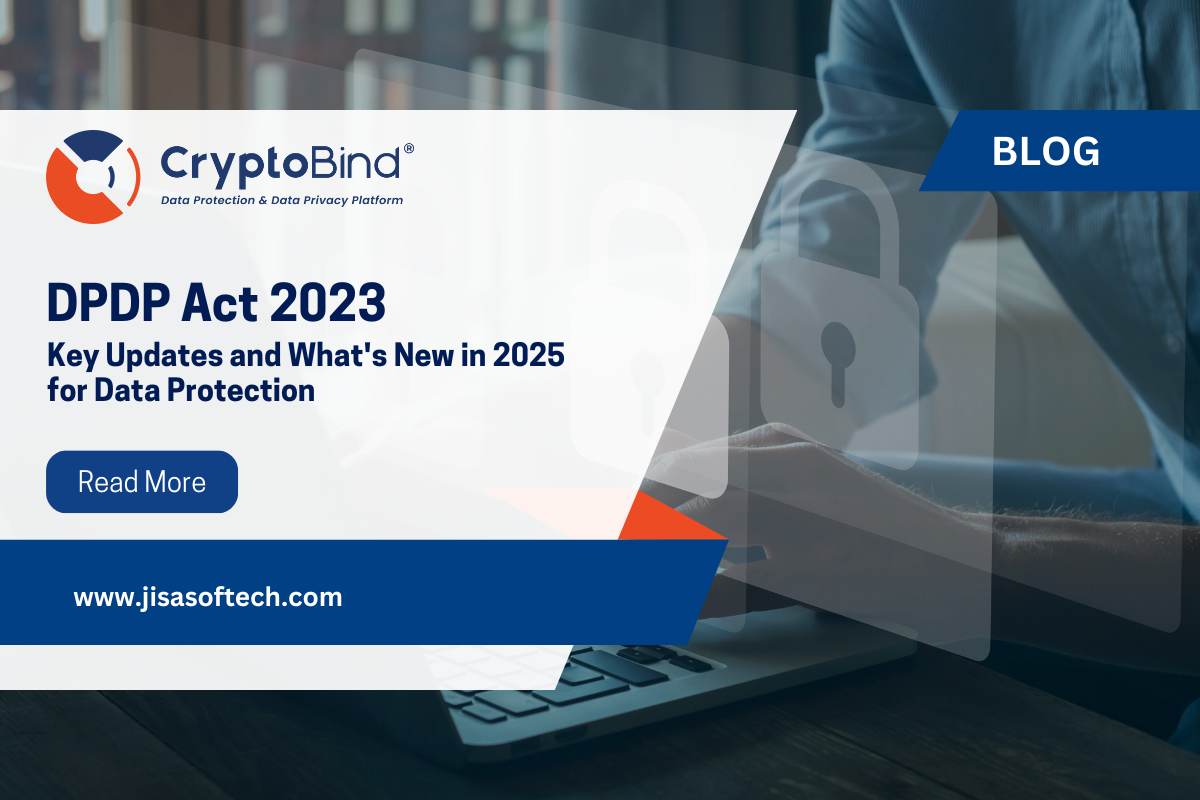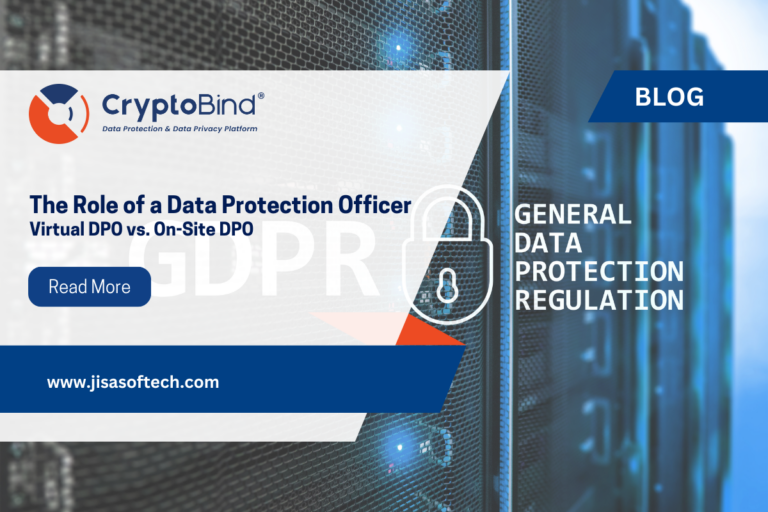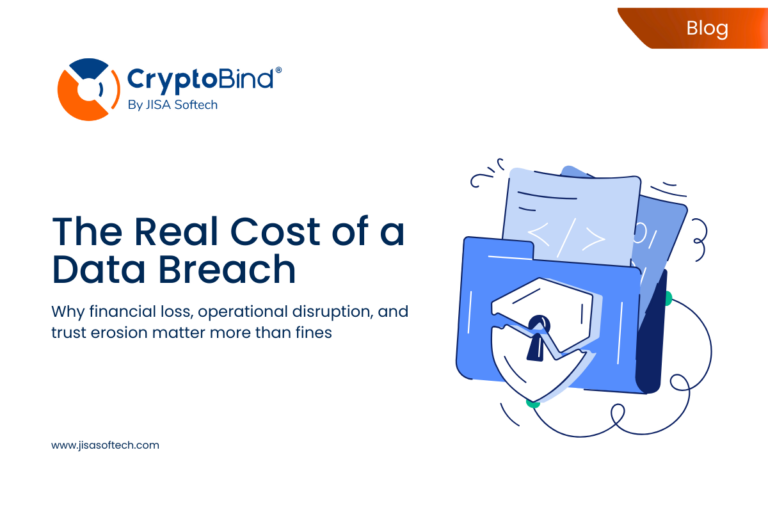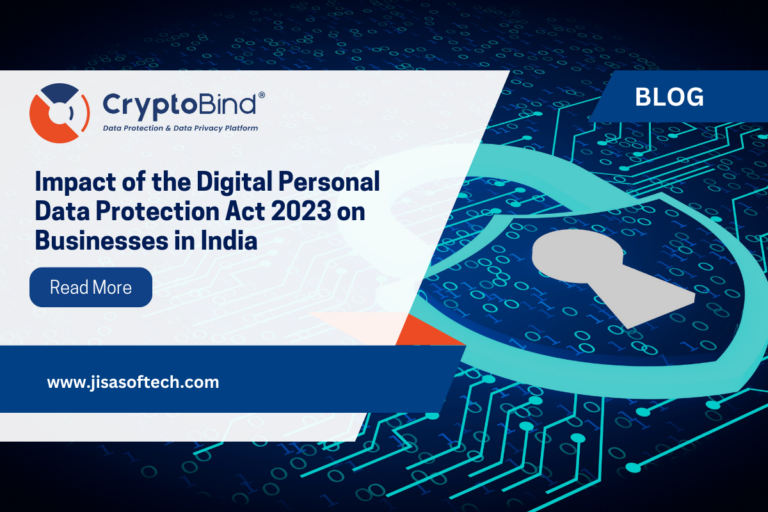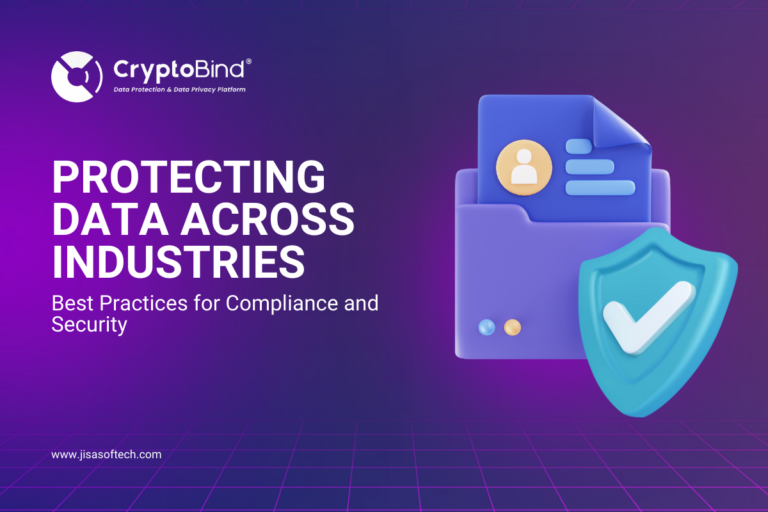DPDP Act 2023: Key Updates and What’s New in 2025 for Data Protection
In today’s interconnected digital world, where data drives decision-making and innovation, safeguarding personal information has become an absolute necessity. Governments across the globe are enacting stricter regulations to protect citizens’ digital rights. In India, the Digital Personal Data Protection Act (DPDPA) marks a crucial milestone in establishing a strong framework for data privacy and security. Organizations operating in or dealing with India must prepare to comply with this landmark legislation.
Why Urgency?
As businesses increasingly utilize digital tools and analytics to enhance operations and customer experiences, the risks of mishandling data grow. Data privacy is no longer just a legal obligation—it is central to maintaining trust and customer loyalty. The DPDPA emphasizes the need to protect personal data and the severe consequences of non-compliance.
For Indian businesses, the urgency is further heightened by the potential penalties, including heavy fines and reputational damage. However, the implications are global. Enterprises worldwide handling data of Indian citizens must comply, much like Europe’s GDPR, where non-compliance has led to significant global repercussions.
India’s message is clear: privacy is a fundamental right, and businesses must swiftly align with this vision. Early adoption of compliance measures will help organizations navigate the evolving regulatory landscape and position themselves for success.
Key Provisions of the DPDPA
India’s DPDPA sets a new standard for data protection in Asia, with broad applicability and extraterritorial reach. Here’s what businesses need to understand:
- Broad Applicability: The Act applies to all entities processing the personal data of Indian citizens, regardless of their location.
- Data Minimization: Organizations must collect only the data necessary for the specified purpose and ensure its usage aligns with that intent.
- Data Localization: Sensitive data of Indian citizens may need to be stored within India, requiring businesses to invest in local infrastructure or partnerships.
- Hefty Penalties: Non-compliance can lead to significant fines, underscoring the importance of adhering to the law.
- Accountability Framework: The establishment of the Data Protection Board of India (DPBI) ensures oversight and addresses grievances.
Strategic Steps for Compliance
Adapting to the DPDPA requires proactive, sector-specific measures. Here are key steps for organizations:
- Conduct Data Audits: Understand the entire data lifecycle, from collection to storage and processing, to identify vulnerabilities.
- Appoint a Data Protection Officer (DPO): A DPO can lead compliance initiatives and serve as the liaison with regulatory authorities.
- Leverage Technology: Tools like encryption, tokenization, and data privacy solutions can help streamline compliance and mitigate risks.
- Create a Privacy-Centric Culture: Educate employees on data privacy and embed it into the organizational culture.
- Develop a Breach Response Plan: A well-defined breach response strategy can help minimize reputational and operational damage.
What’s Next for 2025?
India’s Digital Personal Data Protection (DPDP) Rules 2025: A New Era of Privacy and Compliance
On January 3, 2025, India’s Digital Personal Data Protection (DPDP) Rules will take effect, marking a significant step toward enhanced data privacy in the nation. With a population of over 1.4 billion and a rapidly expanding digital economy, these new rules aim to safeguard personal data while fostering innovation and trust within the business ecosystem.
For organizations handling sensitive data in India, the DPDP Rules offer more than just compliance—they present an opportunity to build customer loyalty and trust.
Key Features of the DPDP Rules 2025
The DPDP Rules introduce robust obligations to ensure effective data security and privacy. Key highlights include:
- Security Measures for Data Protection: Organizations must implement rigorous security measures, including encryption, tokenization, masking, obfuscation, and access controls to protect against data breaches and unauthorized access.
- Data Breach Reporting: Transparency is central to the DPDP framework. Companies must notify affected individuals and the Data Protection Board within 72 hours of discovering a breach.
- Empowerment of Data Principals: Individuals, referred to as “Data Principals,” will have enhanced control over their data, including the ability to access, correct, and erase their information.
- Data Residency and Cross-Border Transfers: Critical personal data must be stored within India, with cross-border data transfers allowed only under strict conditions.
- Consent Management: Businesses must obtain informed, verifiable consent from individuals, ensuring that consent is clear, specific, and easily revocable.
- Special Provisions for Children’s Data: For individuals under 18, businesses must obtain verifiable consent from a parent or guardian, reinforcing safeguards for children’s data.
- Penalties for Non-Compliance: The penalties under the DPDP Act are severe, with fines potentially reaching up to ₹250 crore (approximately $30 million or €28 million). This emphasizes the need for a robust compliance strategy, making adherence to the rules a business imperative.
Building Trust Through Compliance
For businesses in India, the DPDP Rules represent both a challenge and an opportunity. Beyond avoiding penalties, compliance demonstrates a commitment to transparency and accountability—two key factors in building trust and customer loyalty in the digital age.
By embracing security, privacy, and user empowerment, organizations can align with India’s vision for a secure and thriving digital economy.
Looking ahead, the DPDPA will continue to shape the data protection landscape. Here’s what to expect:
- AI and Data Protection: Innovations will emerge to leverage AI without compromising data privacy.
- Cross-Border Data Flows: Personal data transfers outside India will be permitted, but only under stringent conditions.
- Enhanced User Controls: Businesses will offer more intuitive tools to help individuals manage their personal data.
Turning Challenges into Opportunities
The DPDPA is not merely a compliance obligation—it’s an opportunity for businesses to innovate and earn greater trust from customers. By adopting these regulations, organizations can differentiate themselves in a market that is becoming increasingly privacy-conscious.
Partner with Us Today
As the digital landscape evolves, staying ahead of compliance and data protection challenges is crucial. At CryptoBind, we offer advanced data protection and privacy solutions tailored to your business needs—ensuring robust security, seamless integration, and full compliance with the DPDP Act and beyond.
Learn more about DPDP compliance and how we can help you stay ahead of the curve.
Take the first step toward building a privacy-first, future-ready organization. Connect with us today to explore how our expertise can empower your journey toward data protection excellence!

